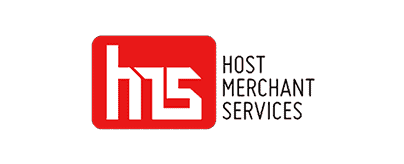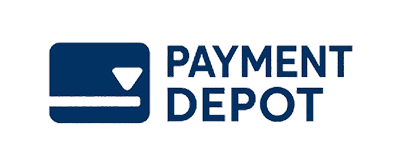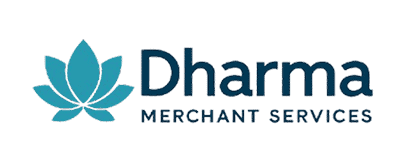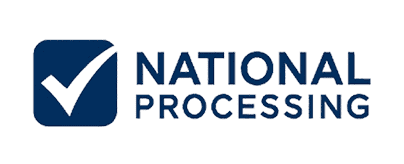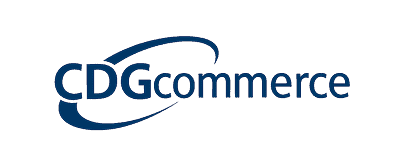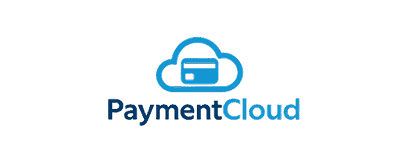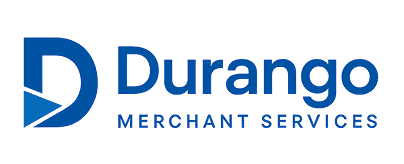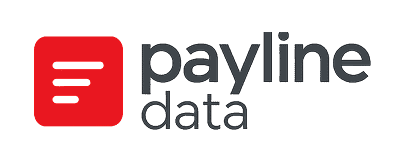Founded in 2008 and headquartered in San Francisco, Dharma positions itself as a values-driven company. It donates a portion of profits to charity and has built a reputation for supporting small-to-medium businesses, nonprofits, and conscious entrepreneurs. Its business model is centered on transparency, with no hidden fees, long-term contracts, or aggressive sales tactics.
Dharma supports in-person, mobile, and ecommerce transactions. Merchants can access modern payment gateways, POS systems, and virtual terminals, making it a versatile option for both brick-and-mortar and online businesses.
While its rates are competitive and its ethical stance is appealing, Dharma may not be the cheapest choice for ultra-high-volume merchants who could negotiate even lower rates elsewhere. Additionally, the company serves only U.S.-based businesses, which limits its reach for global sellers.
Overall, Dharma Merchant Services appeals to businesses seeking a trustworthy partner with a commitment to fair pricing and community impact, while still providing robust payment solutions.
Dharma Merchant Services was founded by Jeff and Alex Marcous in 2008 with a mission to transform how payment processing companies engage with merchants. The company was built on principles of transparency, education, and ethical conduct in an industry often criticized for hidden fees and complex contracts.
Operating from San Francisco, Dharma has developed a loyal following among small businesses, nonprofits, and retailers who value both cost savings and ethical business relationships. It donates a portion of its profits to charitable causes each year and emphasizes building long-term partnerships rather than focusing solely on sales volume.
Its market position is unique: while many payment processors chase scale through aggressive pricing or feature-heavy platforms, Dharma competes on integrity, clarity, and service quality. It has been recognized for its socially responsible approach, which resonates with merchants who align with similar values.
Although it is not the largest provider in terms of market share, Dharma’s strong reputation and clear pricing help it stand out. This focus has led to steady growth and a consistent presence in the competitive merchant services landscape.
Dharma operates on an interchange-plus pricing model, which passes the direct interchange rate from card networks to merchants, with a fixed markup per transaction. This structure is considered one of the most transparent in the industry, as it clearly separates wholesale costs from processor margins.
For most merchants, Dharma charges interchange plus 0.15% + $0.08 per transaction for in-person sales, and interchange plus 0.20% + $0.11 for keyed-in or ecommerce transactions. There is a monthly fee of $25, which covers account maintenance, support, and access to its gateway services.
The company also offers special nonprofit rates—interchange plus 0.10% + $0.08—which can help charitable organizations save significantly on processing costs.
There are no setup fees, early termination fees, or long-term contracts. This flexible, month-to-month agreement is a key selling point for merchants wary of restrictive terms.
Dharma’s pricing is competitive for small to mid-sized businesses, but ultra-high-volume merchants processing millions annually may be able to negotiate lower rates with larger providers. Still, for its target audience, Dharma’s pricing model offers excellent value and clarity.
Dharma focuses on providing essential payment tools without overwhelming merchants with unnecessary add-ons. Its solutions are scalable, enabling small businesses to start with basic hardware and expand into ecommerce or advanced POS integrations as needed.
Dharma provides merchants with access to the MX Merchant gateway, a robust and secure platform for managing transactions. The gateway supports:
The virtual terminal feature allows merchants to process card-not-present transactions through any internet-connected device. This is ideal for phone or mail orders and service-based businesses that invoice clients directly.
MX Merchant’s interface is intuitive and user-friendly, making it accessible for merchants without extensive technical expertise. While it covers most standard needs, businesses with highly complex ecommerce requirements might still require specialized platforms.
Dharma offers a range of payment hardware sourced from reputable manufacturers.
Merchants can purchase devices outright from Dharma or use compatible third-party equipment. The option to reprogram existing terminals can reduce costs for businesses switching providers.
Through its MX Merchant gateway and other integrations, Dharma works with major ecommerce platforms such as Shopify, WooCommerce, BigCommerce, and Magento. These connections allow merchants to synchronize online sales with payment processing for streamlined operations.
It also integrates with accounting software like QuickBooks, helping reduce manual data entry and ensuring accurate financial records. API access is available for developers who want to create custom integrations.
The integration capabilities are strong enough for most small-to-mid-sized businesses, although larger enterprises with complex omnichannel needs might need additional middleware or specialized platforms.
Dharma prioritizes compliance and security, ensuring that merchants meet PCI requirements to avoid fines and protect customer data. The combination of encryption and tokenization helps minimize risks associated with storing or transmitting sensitive information.
Dharma’s support is widely praised for being knowledgeable, patient, and transparent. The absence of aggressive upselling is a relief for many merchants who have experienced high-pressure tactics elsewhere. The only drawback is the lack of 24/7 support, which may be a limitation for businesses operating outside regular hours.
Dharma’s onboarding process is straightforward. Merchants submit an application with basic business and banking information, and once approved, they receive access to MX Merchant and any purchased hardware.
The user interface of MX Merchant is clean and intuitive, with clear reporting tools and navigation. Training materials and tutorials are available, though many users find they need minimal guidance to get started.
Onboarding is typically completed within a few business days, making it relatively quick compared to some traditional merchant account providers.
Dharma is an excellent fit for:
It may be less ideal for high-volume international businesses or those requiring highly customized ecommerce solutions.
Dharma competes with providers like Helcim, Payment Depot, and Stax in the transparent pricing space. Helcim offers interchange-plus with no monthly fee, making it appealing to lower-volume merchants, while Stax focuses more on high-volume subscription-based pricing.
Dharma’s nonprofit focus and ethical positioning set it apart from many competitors, though businesses needing advanced global capabilities might lean toward Stripe or Adyen.
Dharma Merchant Services delivers a compelling combination of transparency, ethical business practices, and reliable payment solutions. Its interchange-plus pricing is competitive for most small-to-mid-sized businesses, and its nonprofit discounts are among the best in the industry. The company’s values-driven approach builds trust and fosters long-term relationships, making it a standout in a crowded market often criticized for hidden fees and predatory contracts. While it’s not perfect—lacking 24/7 support and global reach—Dharma is an excellent choice for U.S.-based businesses seeking fairness, clarity, and quality service.
